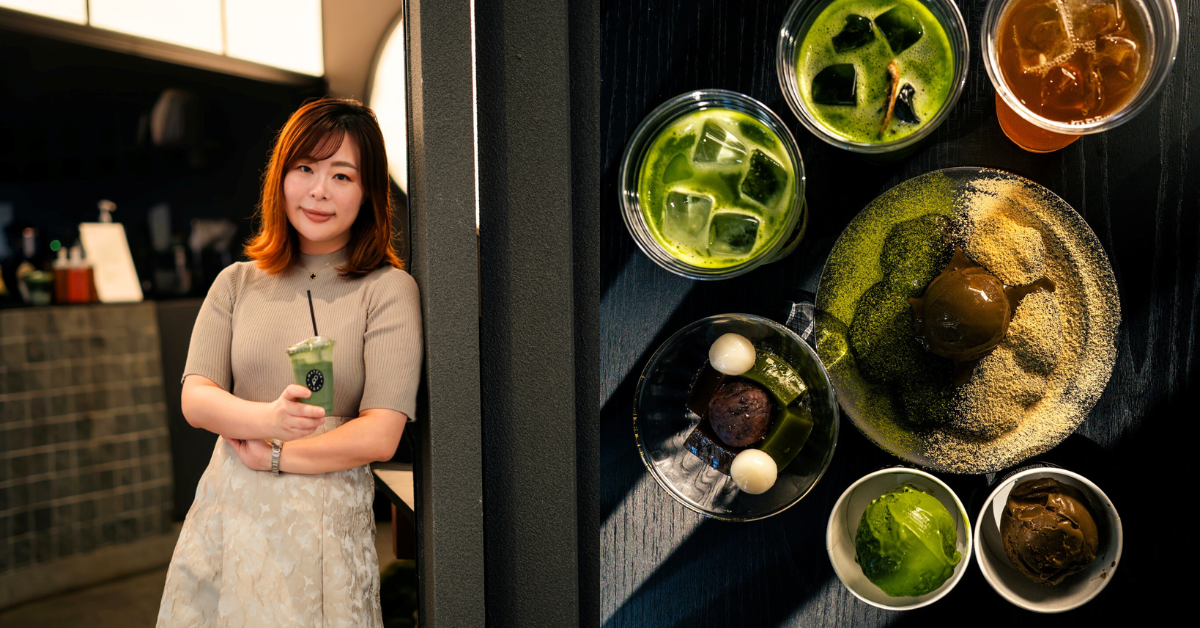“Drink more milk”: Here’s what the MD of Asia Farms Network says on lactose intolerance
[Written in partnership with Asia Farms Network, but the editorial team had full control over the content.]
In my journey for healthier bowels and clearer skin, I’ve dropped animal milks and dairy from my diet, instead opting to pay the additional RM3 for the oat milk substitute in my coffees.
And I won’t lie, since I’ve made that change my skin has gotten a lot more stable and predictable, and I’m no longer spending (as many of) my mornings on the toilet.
That said, it might not even be the milk (or lack thereof) that led to this.
Behind widespread lactose intolerance
“In the realm of dietary woes, lactose intolerance often takes the blame for milk-related digestive issues. There is, however, more to the story than lactose alone.”
That’s according to Dr Tan I-Lene, the managing director of Asia Farms Network, the group behind fresh dairy products brand, The Farm Shop.
“My co-founder Sue actually had a phone conversation once with a customer who insisted that they were lactose intolerant except for our milk.”
“It’s one of the few times I’ve ever seen her dumbfounded, but she rallied and explained that they probably had an allergy to some kind of additive in the brand of milk they were consuming and they wouldn’t have that issue with The Farm Shop’s range because we produce minimally processed milk that has nothing added or removed,” she added.
A 2017 study found that about 65% of adults worldwide are affected by lactose malabsorption, with the number climbing up to 90% in parts of Asia, including East Asia due to the later adoption of dairy farming.
That said, I-Lene added that many are allergic to the various additives in packaged milk, be it preservatives, emulsifiers, stabilisers, or thickeners, which could upset the stomach and trigger digestive issues like bloating, diarrhoea, or discomfort—issues commonly associated with lactose intolerance.
She further stated that lactose intolerance could be linked to lactase down-regulation.
“If you rarely drink milk, your body might not be used to digesting it, so your body won’t produce the corresponding enzymes which means it temporarily cannot digest the milk.”
According to a 1998 study, down-regulation of lactase is genetically programmed in most mammals, with the production of the enzyme dramatically reducing after weaning.
As such, to keep lactase levels sufficient, I-Lene recommends drinking a glass of milk daily to try to raise lactase production.
“Technically, most adult mammals may stop producing lactase enzymes as they are weaned, however, that does not prevent older kids (2 years and above) and adults from consuming moderate amounts of lactose via colonic adaptation or even in some human populations, they develop a ‘gene mutation.’”
“In many cases, regular exposure to milk may help the body rebuild enzyme levels and resolve the issue,” I-Lene added, citing a 2012 review article.
But why even bother?
After all, isn’t lactase down-regulation normal?
Well, so is getting sick. Doesn’t mean we shouldn’t take some measures to combat it.
Whole milk is possibly the most complete source of nutrition a human can have.
Indeed, as a high source of calcium, vitamin D, protein, and other essential nutrients, whole milk provides drinkers with benefits that could aid with weight management and reducing the risk of diabetes and heart diseases.
Dr Tan I-Lene
That said, it is also important to note that whole milk is high in saturated fat and calories, which could lead to an increase in LDL or ‘bad’ cholesterol.
As such, keeping your dairy consumption in moderation is essential to staying healthy and ensuring that your nutritional needs are met.
If you’re still concerned about your lactose intolerance and are keen on trying to fix it, Dr I-Lene shared several steps she believes can help with the problem.
- Get tested to confirm if it’s truly lactose intolerance.
- Try drinking small amounts of milk daily to build up lactase enzyme production.
- Avoid ultra processed milk with additives that may cause gut upset.
- Try A2 milk, which is easier to digest and less likely to cause inflammation.
- Take some live, cultured yogurt to inoculate your gut with some healthy lactic acid bacteria and dairy friendly pre and postbiotics.
If you are indeed set on keeping lactose out of your diet, be it for health or skin reasons, The Farm Shop does offer a Greek yogurt range which contains very little lactose.
“We have heard the customers’ requests and will be launching some exciting new products that will be lactose free to make sure that everyone can benefit from the wonderful nutrition of fresh whole milk, coming as soon as July,” I-Lene concluded.
- Learn more about Asia Farms Network and The Farm Shop here.
- Read our other startup stories here.
Featured Image Credit: Image used under licence from Shutterstock
Source link






